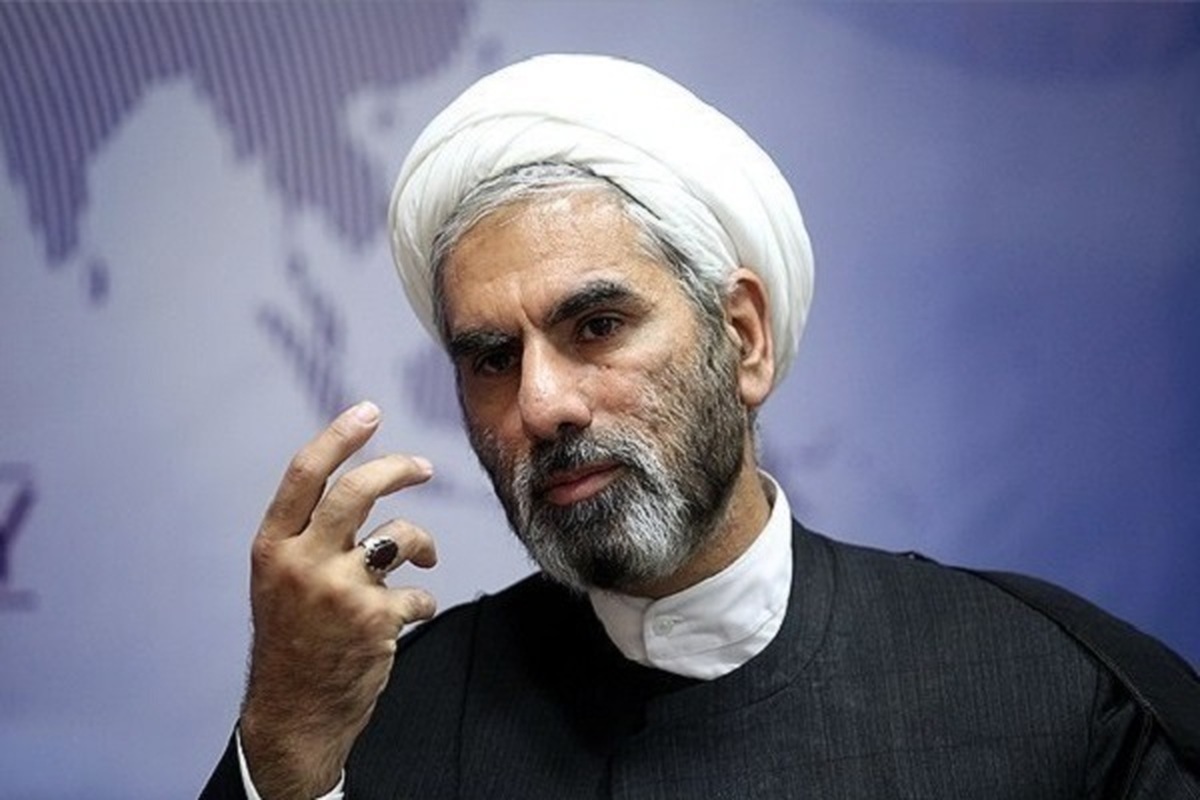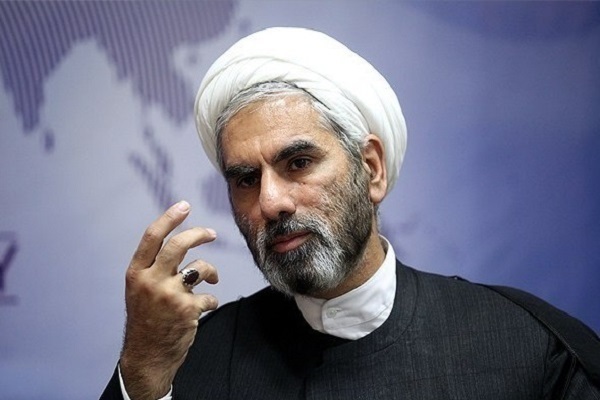Scholar Cites Quranic Verse as Blueprint for Muslim Unity


In an interview with IQNA, Hojat-ol-Islam Ali Reza Pirouzmand, a faculty member of Iran’s Supreme National Defense University, cited Verse 29 of Surah Al-Fath: “Muhammad is the Messenger of God and those with him are stern to the disbelievers yet kind among themselves.”
The scholar described the verse, as being strategically clear on the issue of the Holy Prophet’s (PBUH) role in Islamic unity.
“The Quranic verse is very explicit and strategic. It shows that the sacred existence of the Prophet himself is the axis of unity,” the scholar explained. “It says ‘those with him,’ meaning those who believed with the Prophet possess this characteristic. Therefore, the slogan that follows in this verse is the slogan of the Prophet’s Ummah, not the slogan of a specific group.”
This distinction was presented as critically important in countering external attempts to sow division. “The enemy tries to introduce resistance as a behavior belonging to a minority of Shia or a specific group of Muslims to create division in the Islamic world,” the scholar argued. “But the verse explicitly states that this is a characteristic of the Prophet (PBUH) and his Ummah, not a limited current.”
He described the verse as outlining two fundamental traits, creating a clear distinction between two fronts. “There is a front of believers and a front of disbelievers,” Hojat-ol-Islam Pirouzmand said. “The behavior and stance of believers regarding unity must be a coordinated and unified position towards these two fronts.”
He elaborated on the attribute of being “kind among themselves” with examples. This kindness, the scholar said, means “they should overlook each other’s mistakes, have good faith towards each other, have breadth of patience with other believers, be people of kindness and honor, have forgiveness, behave with love and sincerity, and not seek to magnify each other's errors.”
A familial analogy was used to clarify this concept. “When a child makes a mistake and acts contrary to the father’s expectation, the father may give a warning or show corrective behavior, but he does not ultimately remove the umbrella of love from over the child’s head,” the scholar said. “This is a clear example of the loving behavior that should govern the Islamic Ummah.”
Read More:
He then cited a current example, stressing the necessity of applying this principle today.
“Today we are faced with the issue of Palestine and the mass killing of an oppressed people who are only defending their right to sovereignty and Islamic identity. What is required by ‘kind among themselves’ and the duty of the Islamic Ummah towards these people?”
The scholar questioned the international dynamic that has allowed the situation to persist. “Why should a regime, the size of an Iranian province, be able to impose its will in such a way that the people of Gaza have no water to drink or food to eat? Is this ‘kind among themselves’?!”
The response, he argued, must move beyond rhetoric. “Is it enough to just say we are concerned or that we support them? These words alone do not become water and bread for them, nor do they solve their problems,” the cleric said. “Political and economic pressure must be brought to bear on the enemy so that it cannot deprive the people of Gaza of the most basic needs like water and food. This is the practical meaning of ‘kind among themselves’; meaning the Islamic Ummah must support the oppressed in action, not merely in slogan.”
He addressed the second part of the verse, being ‘stern to the disbelievers’ as a sometimes-neglected aspect of unity discourse.
“This second side is sometimes paid less attention to in the Islamic Ummah,” the scholar noted. He acknowledged concerns that emphasizing this could lead to a misrepresentation of Islam.
“We must make it clear that Islam is not a religion of violence and bloodshed; Islam is not a warmongering religion either, and this truth is completely obvious.”
He noted, however, the verse has a balanced command. “At the same time, as the verse states, against the front of disbelievers and enemies of Islam, the Islamic Ummah must have a firm and unified stance. This characteristic complements being ‘merciful among themselves.’”
He described the existence of an adversarial front as a historical reality. “These disbelievers throughout history have never intended peaceful coexistence with believers,” Hojat-ol-Islam Pirouzmand argued. “Their foundation has been that either believers should not exist at all, or if they do exist, they should face limitation, hardship, and pressure.”
Therefore, he said, the Quran’s explicit command is that the Ummah must be strong and decisive against disbelievers.
The scholar contended that this strength is not a cause of discord but a necessary response. “Some think that if we become ‘stern to the disbelievers,’ some governments or thinkers will consider us violent and oppose us. But the reality is that their behavior does not depend on what we say.”
Read More:
The scholar concluded by pointing to recent global events as validation of this principle. “In our lived experience, especially in the last year or two, we have clearly witnessed that the world has also felt the violence, bloodshed, savagery, and filth of the disbelievers towards Muslims. In the face of such a reality, one cannot behave with mercy, affection, and friendship towards the disbelievers; rather, severity must be answered with severity.”
4303509



